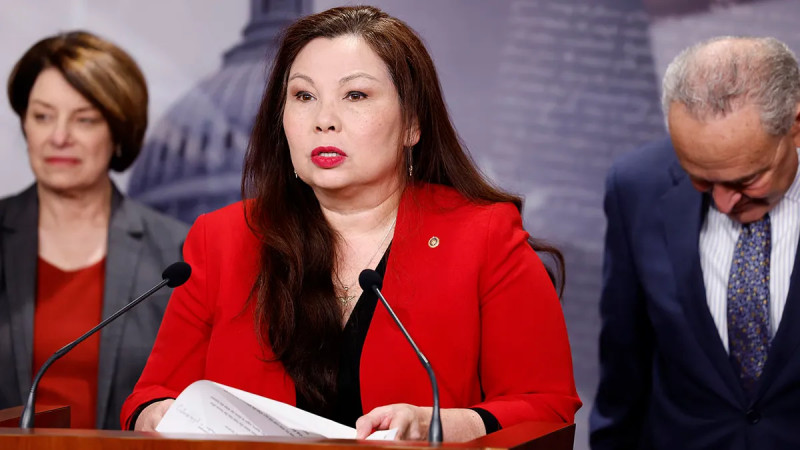The United States House of Representatives recently made headlines with an overwhelming vote to force the release of the full Epstein files. The bipartisan bill, which aims to compel the Justice Department to disclose its findings on the late sex offender Jeffrey Epstein, passed with a decisive 427-1 vote. The sole dissenting voice in this significant legislation was that of Clay Higgins, a Republican representative from Louisiana.
Clay Higgins' vote against the measure has sparked widespread debate and scrutiny. The bill, which now heads to the Senate, seeks to shed light on the extensive files held by the Justice Department concerning Epstein. This includes documents related to the infamous financier's criminal activities and the broader network of influential figures implicated in his case. The vote reflects a broader movement to ensure transparency and accountability in the handling of high-profile legal matters.
The passage of the bill comes after months of stalling, notably from Republican Speaker Mike Johnson and President Donald Trump, who had previously opposed the measure. Trump's change of stance, however, cleared the path for the bill's approval by the House. Despite this, Higgins stands as the lone Republican defying the party line, a decision that has drawn both criticism and admiration from various political quarters.
Higgins' reasons for opposing the bill remain unclear, but the vote underscores the political complexities surrounding the Epstein case. The investigation into Epstein's activities has been fraught with controversy, involving allegations of misconduct and cover-ups at the highest levels of government and law enforcement. The release of these files could provide crucial insights into these allegations and potentially expose further wrongdoings.



